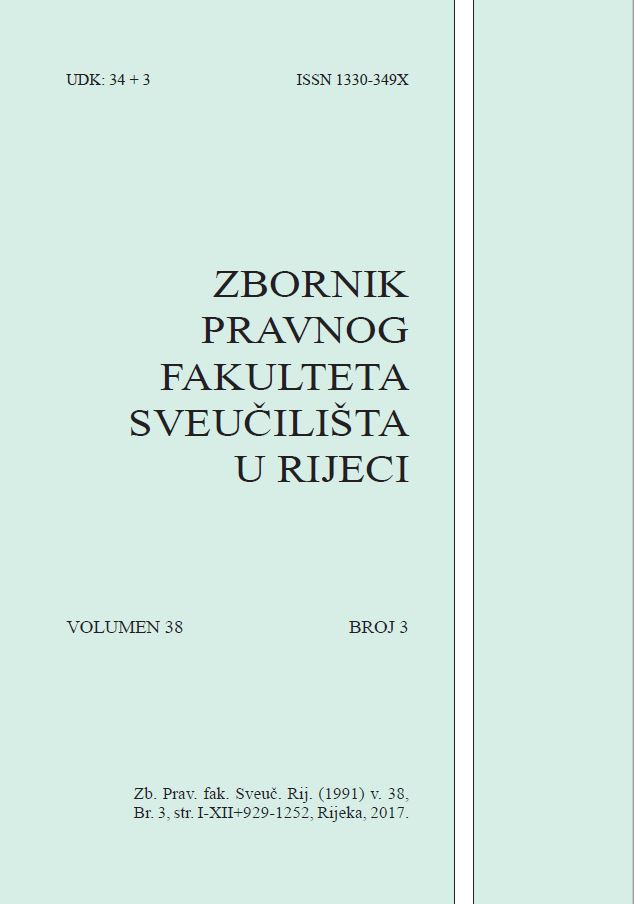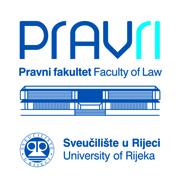BIOETHICAL SENSIBILITY OF THE LAW ON PROTECTION OF PERSONS WITH MENTAL DIFFICULTIES
DOI:
https://doi.org/10.30925/zpfsr.38.3.1Keywords:
Law on Protection of Persons with Mental Difficulties; informed consent; bioethics; biomedical researchAbstract
A more and more obvious gap between the human spiritual development, which mostly stagnates, and often even regresses, and the technological development of society, which intensively and unstoppably grows, has been the initiation of numerous bioethical discussions that cover a wide range of topics, i.e. from a concern for a
man and his health to a concern for nature and preservation of life in general. No matter the fact that numerous ethical discussions, which highlighted the last decade, have resulted with commonly accepted principles, several ethical issues were left without clear and unambiguous solutions. Within this context, the legal regulations
expected to protect persons from unacceptable and harmful actions, but at the same time not to present an obstacle to scientific and technological development of society, have gained a special meaning. This is a significant challenge due to the fact that through statutory provisions we need to reach a balance between the freedom of scientific research and protection of a man. Although ethical dilemmas follow almost every field of human actions, bioethical contents are especially associated with the unimaginable technological achievements in medicine. Thereby, persons with mental difficulties, as one of the most vulnerable groups of patients, demand a highlighted bioethical sensibility within the meaning of humanity, understanding and enhanced
awareness when ethically questionable medical procedures are applied on them, and especially when these patients are included in, sometimes even hazardous, biomedical researches. A basic protective mechanism for this category of persons in the Republic of Croatia is the Law on Protection of Persons with Mental Difficulties. The Law establishes a clear legal framework to proceed with actions designated for persons
with mental difficulties, and certain legal provisions embodied within the Law could be considered a quite concrete answer to numerous ethical dilemmas. The analysis of these provisions discussed in this paper may be used as a relevant indicator of bioethical sensibility of the Law on Protection of Persons with Mental Difficulties.
Additional Files
Published
How to Cite
Issue
Section
License
Collected Papers is an open access journal. Journal does not charge article processing charges (APC) to authors. It is licensed under CC BY-NC licence 4.0.
Collected Papers of the Law Faculty of the University of Rijeka" is an Open Access journal. Users are allowed to read, download, copy, redistribute, print, search and link to material, and alter, transform, or build upon the material, or use them for any other lawful purpose as long as they attribute the source in an appropriate manner according to the CC BY licence.
The papers published in "Collected Papers of the Law Faculty of the University of Rijeka" can be deposited and self-archived in the institutional and thematic repositories providing the link to the journal's web pages and HRČAK.
Upon acceptance of the manuscript for publication by this journal, the author can publish same manuscript in other journals only with the permission of the Editorial Board (secondary publication). A repeated publication should contain a notice as to where the manuscript was originally published.



